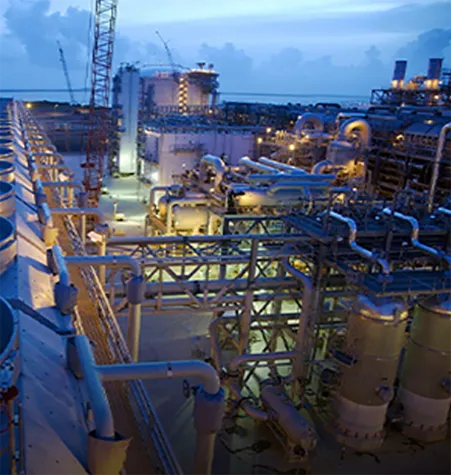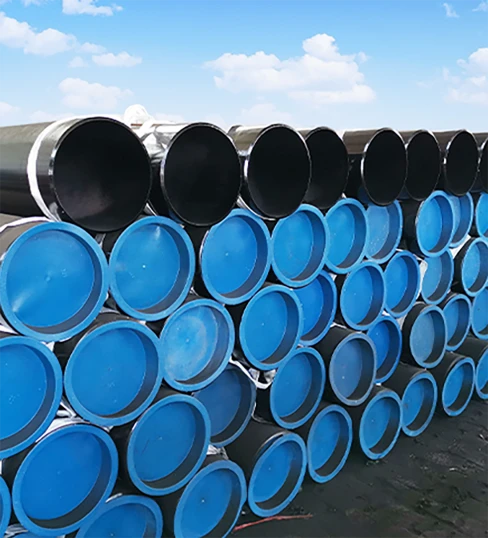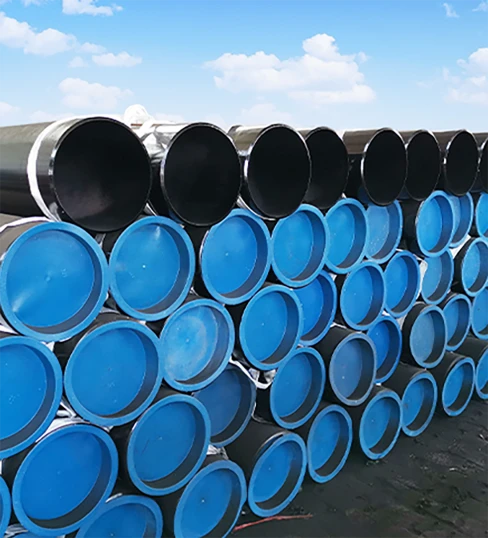Steel pipes exhibit excellent strength characteristics. Tensile strength is a crucial aspect, enabling them to withstand axial forces without rupture. For instance, in the construction of high - rise buildings, the steel pipes used for structural columns can have a tensile strength ranging from 300 to 800 MPa, depending on the grade of steel. This strength allows them to support the heavy loads imposed by the building's weight and other external forces. Compressive strength is equally important, especially when the pipes are used in applications such as supporting heavy machinery or in underground pipe - jacking operations.
Toughness
The toughness of steel pipes makes them capable of withstanding impact and dynamic loads. In environments where there is a risk of accidental impacts, such as in industrial plants with moving equipment or in earthquake - prone regions, steel pipes with high toughness can absorb energy and prevent catastrophic failures. For example, seamless steel pipes used in the oil and gas industry can endure sudden impacts from falling objects or vibrations during transportation without cracking or breaking.
Hardness
Steel pipe hardness determines its resistance to abrasion and penetration. In applications like ore - transportation pipelines in mines, the hardness of the steel pipe's inner wall is vital to withstand the wear caused by the movement of ore particles. Through processes such as heat treatment and alloying, the hardness of steel pipes can be adjusted to suit different working conditions.
Chemical Properties
Corrosion Resistance
The corrosion - resistance property of steel pipes varies depending on the type of steel and any protective coatings applied. Stainless - steel pipes, such as those made of 304 or 316 stainless steel, have inherent resistance to corrosion from a wide range of substances. They can resist the corrosive effects of water, chemicals, and atmospheric elements. In contrast, carbon - steel pipes are more susceptible to corrosion but can be protected through coatings like epoxy, galvanization, or painting. For example, in a coastal environment, galvanized steel pipes are used to resist the corrosive effects of seawater and salt - laden air.
Chemical Compatibility
Steel pipes need to be chemically compatible with the substances they transport. In the chemical industry, pipes used for transporting acids, bases, or solvents must be made of materials that do not react with these substances. For example, pipes made of Hastelloy alloys are used for transporting highly corrosive acids such as hydrochloric acid and sulfuric acid, as they have excellent chemical compatibility and resistance to chemical attack.
















